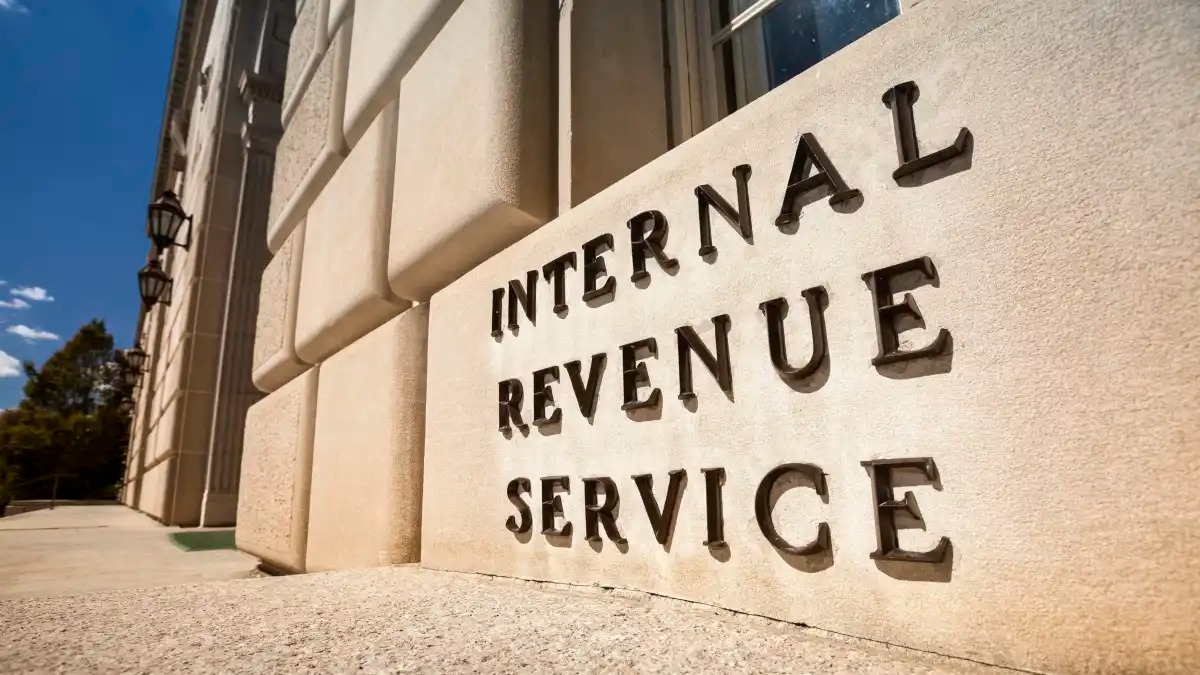

Finance
Deficiency Letter Definition
Published: November 9, 2023
Learn the definition and importance of deficiency letters in finance. Understand the role they play in addressing financial shortfalls and improving overall financial health.
(Many of the links in this article redirect to a specific reviewed product. Your purchase of these products through affiliate links helps to generate commission for LiveWell, at no extra cost. Learn more)
Understanding Deficiency Letters in Finance
Welcome to our FINANCE category blog post where we dive into all things related to the world of finance. In this article, we will explore the concept of deficiency letters in the financial industry. If you’ve ever wondered what deficiency letters are and how they might impact you, you’ve come to the right place! Let’s dig in.
What are Deficiency Letters?
Deficiency letters, also known as deficiency notices or deficiency notifications, are official documents issued by financial regulatory bodies or lending institutions. These letters are sent to individuals or companies to inform them of certain issues or problems identified during a review, audit, or assessment process.
Key Takeaways:
- Deficiency letters are sent by regulatory bodies or lending institutions to notify individuals or companies of identified issues.
- These letters outline the specific deficiencies found and often include instructions on how to address them.
When a deficiency is identified, it means that there is a discrepancy or non-compliance with applicable regulations, laws, or standards. The purpose of issuing deficiency letters is to bring these issues to the attention of the recipient and prompt them to take necessary actions to rectify the deficiencies.
Deficiency letters can cover a wide range of topics depending on the nature of the assessment being conducted. Some common reasons for receiving deficiency letters in finance include:
- Failure to provide required documentation
- Incomplete or inaccurate reporting
- Non-compliance with specific regulations
- Issues related to financial statements
- Violations of lending or borrowing agreements
Upon receiving a deficiency letter, it is crucial to carefully review the contents and understand the identified deficiencies. The letter will typically provide specific details about the issues found, as well as instructions on how to resolve them. It is important to address these deficiencies promptly and effectively to avoid any further consequences or penalties.
Conclusion
Deficiency letters are an essential aspect of the financial industry, serving as a means of communicating identified issues to individuals or companies. By understanding the nature of these letters and taking appropriate action to rectify the deficiencies, individuals and companies can ensure compliance and mitigate any potential negative consequences. If you have received a deficiency letter, reach out to the issuing authority or your financial advisor to clarify any questions and determine the best course of action.
Thank you for visiting our FINANCE category blog! We hope you found this article valuable in expanding your knowledge of deficiency letters in the financial industry. Stay tuned for more informative content on various finance-related topics.














